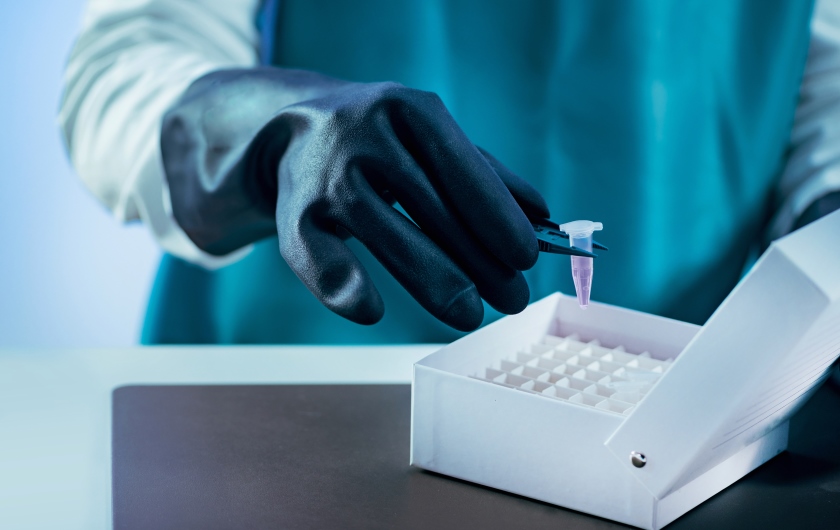Experimental stem-cell treatments are called experimental for a reason
Photo: iStock/microgen.
After a man was found to have cells from his nose growing in his spine as a result of a botched stem-cell transplant, Health Canada says it will be cracking down on unregulated clinics.
The 38-year-old patient developed the tumour in his spine after receiving an experimental stem-cell treatment in Portugal 11 years earlier to treat a spinal-cord injury. When he began to lose function in his arms, he approached doctors, who discovered the tumour. The man, who asked to remain anonymous, later approached the CBC in the hope that his story might prevent others from going through the same experience.
While his case illustrates the potential dangers of seeking miracle cures overseas, private clinics specializing in stem-cell therapies also exist in Canada. And according to the CBC, Health Canada has now sent letters to 36 clinics offering unregulated treatment demanding that they cease all cell transplants.
Bone marrow transplants, used to treat cancers or conditions such as leukemia and lymphoma, are the most common and accepted form of stem-cell treatment. Other kinds of treatments transferring cells from one part of the body to another have the potential to prevent or treat diseases, but the long-term risks are still unknown.
In May 2019, the federal government announced that stem-cell treatments will be regulated under the Food and Drug Act, meaning that clinics will now be required to go through a rigorous vetting process to ensure the safety of the treatments before making them available.
“This prolonged exposure, relative to the duration of exposure to most drugs, carries the potential for both long-term benefits and long-term risks,” Health Canada wrote in a statement. “A number of serious adverse events have been associated with the use of autologous cell therapies and strategies to mitigate these risks are needed.”
Even when transplants aren’t rejected, there are many known risks: the development of tumours, the introduction of viruses or bacteria, contamination from other patients in the clinic, and negative reactions to processing reagents used throughout the cell implementation.


